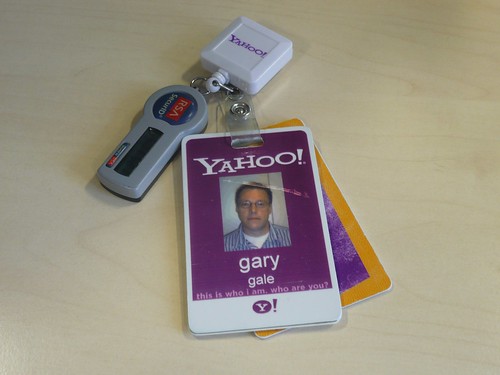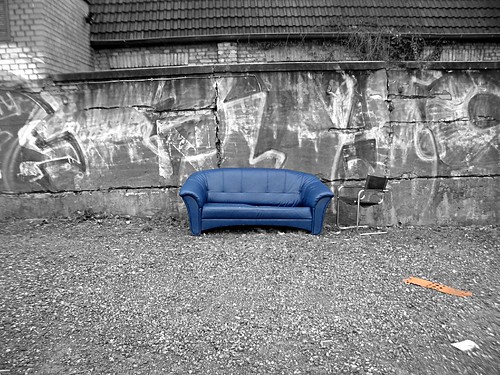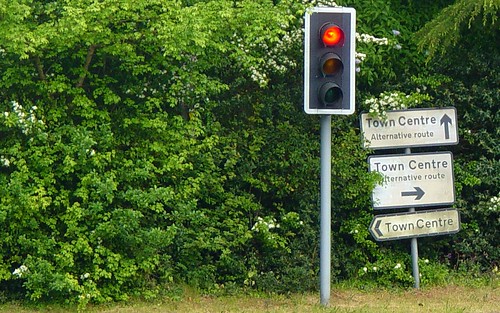As Location Goes Mainstream, So Does The Potential For Abuse
Geolocation isn't really anything new. In a lot of cases we've come to expect it. Most smartphones sold today have an on-board GPS receiver and it's considered a selling point for a handset to have one. Today's mobile mapping applications and Location Based Mobile Services make use of the location fix that GPS provides. We're used to our technology saying "you are here". Without this there'd be no Ovi Maps, no Google Maps, no Foursquare and no Facebook Places.
Long before we put up a network of over 20 satellites a less accurate version of geolocation was available. Pretty much anything that puts out a signal in the radio spectrum can be used to triangulate your position, if there's enough radio sources spead out over a wide area and if someone's done the leg work needed to geolocate you based on the position and strength of those radio sources. This can be done with mobile cell towers, with radio masts and more recently with the proliferation of wifi enabled access points, both in people's homes, in offices and in public areas.




